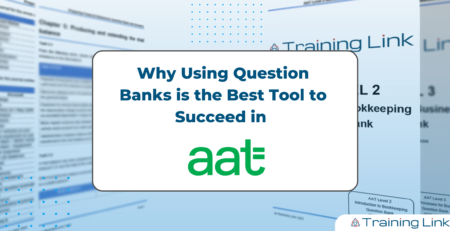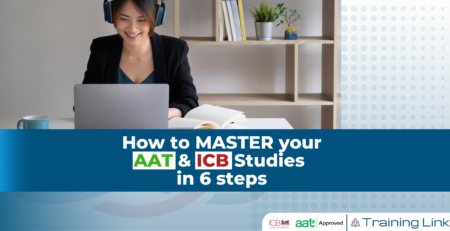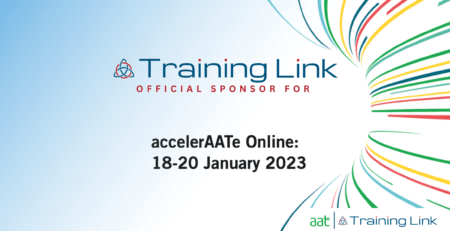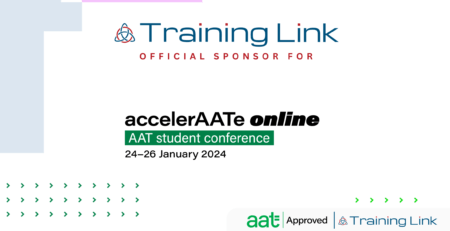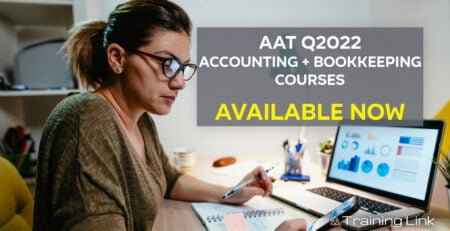Why data analysis is important for Accountants + Bookkeepers
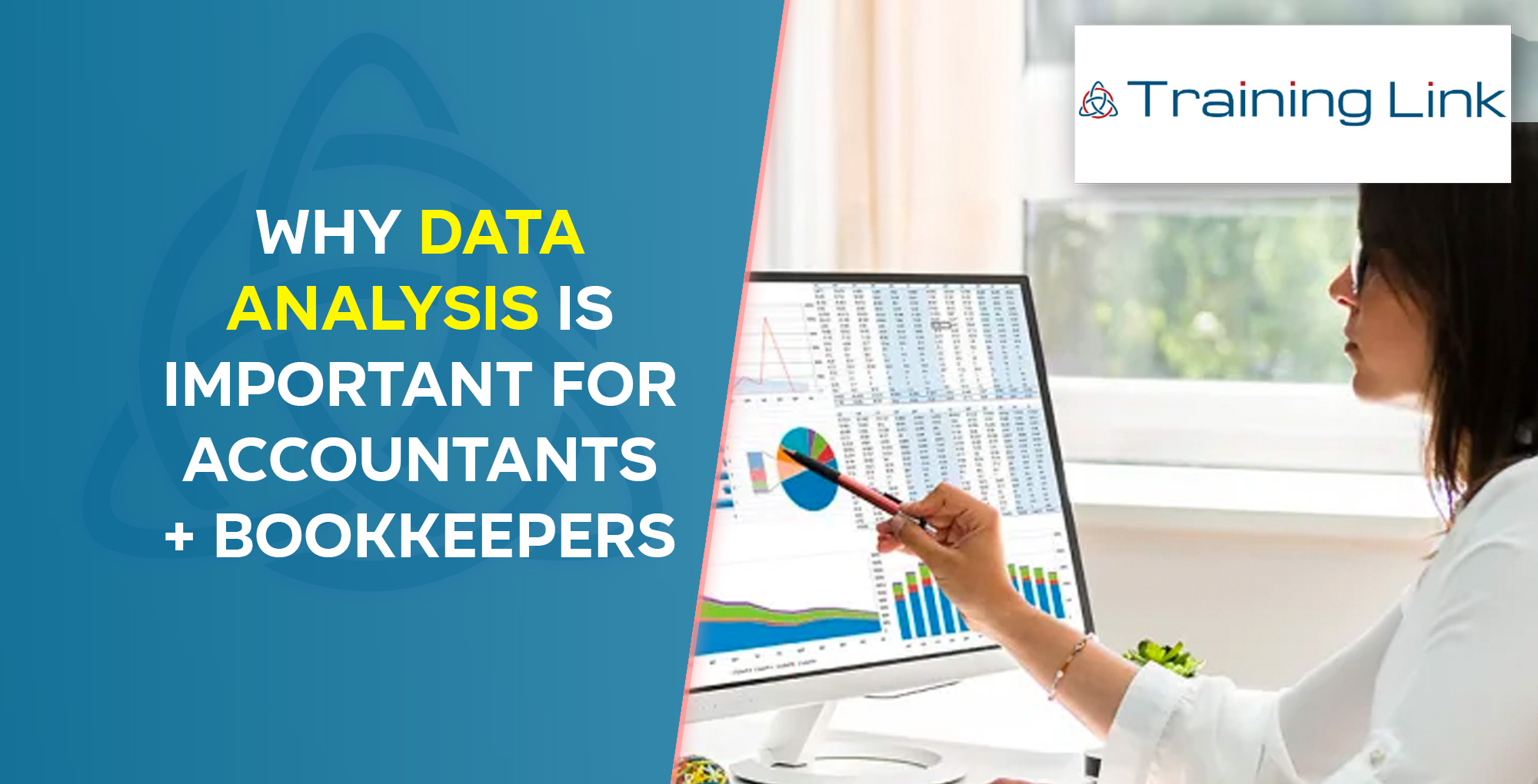
Why is net profit lower even though revenue is up?
What will happen in September if we continue on this trend?
What do the numbers tell you??
Data Analysis is the driving force of economies worldwide. This key skill has revolutionised businesses small and large over the lockdown period. Recognising trends gave businesses the opportunity to boost performance.
This is not only a skill essential for businesses; it is for individuals too. Especially for employees in an ever-growing data-centric environment. Businesses and clients are expecting more from accountants in today’s age. Aiding operational decisions through data analysis is becoming a common demand for accountants.
Government studies show that across the UK there is a significant demand for employees with data skills. 48% of businesses currently hiring, require data skills of some sort. Of which almost half have struggled to fill these roles in 2 years. The pool of candidates with these data skills is limited.
How it has changed for accountants
In the accounting world, the lack of skills is even more prevalent. There is a changing scope of the role an accountant holds. Accountants are more involved with business decisions, by getting value from the data they work with.
When looking at accountancy vacancies, there are fewer routine-based jobs and a rise in those that require a complex mental approach to tasks. Making Tax Digital, for example, is a process that highlights this very subject. Moving tax functions to a digital space brings the opportunity to analyse data more thoroughly. This is where accountants with analytical skills come to fruition. As businesses navigate through digital fields, the demand for accountants skilled in accounting software also rises.

These are the Top 5 Key Skills needed according to a PWC Report
Data-driven industries have reported the following skills will be needed going forward;
- Gather a large amount of data in many forms and use it to help make tax department business decisions
- Consider after-tax performance insights in decision making
- Visualise accounting data, like credits, debits, and tax thresholds
- Use technology to verify that remedial actions or calculations introduced are within regulations and compliance limits
- Help minimise accounting pitfalls using new data software and visualisations (much like tax planning software has revolutionised income tax filing)
Accountants make great data analysts by nature
As an accountant, you are naturally predisposed to solving problems. For data analysis, the change requires shifting from a diagnostic mindset, towards a more inquisitive mindset. You will have to use data from previous business decisions, interpret this & apply it to future decisions. In order to do this, it requires observation of a business or a client that only an accountant could know best.
Skills Expected
Being data-driven and skilled in understanding these figures, is a tool that is guaranteed to make you a more desirable accountant. Businesses love having more data. More importantly, someone who can help them see what their competitors can’t. There isn’t a better time to gain or improve on your data analysis skills. After-all, in a government report, 50% of workers surveyed reported they haven’t received any data skill training.
In most industries, a move to digital is gaining pace, but the availability of staff to understand data isn’t keeping up. This is a common theme to which accounting is no different.
How can we fix this?

Well, there are many courses aimed at fixing this problem for accountants.
Accounting Courses
Studying an accounting course such as AAT, will set you up with the foundation of knowledge in accounting. Within the studies, data analysis is covered to give you an understanding of how software aids and fits in with the everyday accountancy role. Specifically, in Level 4, you will be taught how to communicate key findings of the analysis. In addition to the evaluation of information to support decision-making in an organisation. Find out more about AAT here.
Accounting Software Courses
For both beginners and experienced accountants, a software course could open up doors for your career like no other. As mentioned above, in the UK a recognised SageTM accreditation is a necessity to apply for most accountancy roles. SageTM ‘s cloud-based accountancy software is used globally. It is certified with HMRC for Making Tax Digital, showing the authority of this software.
By attaining qualifications in software, you will be seen as a more skilled worker by businesses. They will see you have the knowledge and experience in the software they are using or are gearing up to use.
In Conclusion
The workplace is being shape-shifted by the changes made by data analysts globally. The skills accountants need are changing just as frequently and shows the necessity to upskill.
If you are interested in learning any of the skills covered in this post, check out our AAT courses on offer. We also offer a range of SageTM courses to get you equipped with the skills you need.


